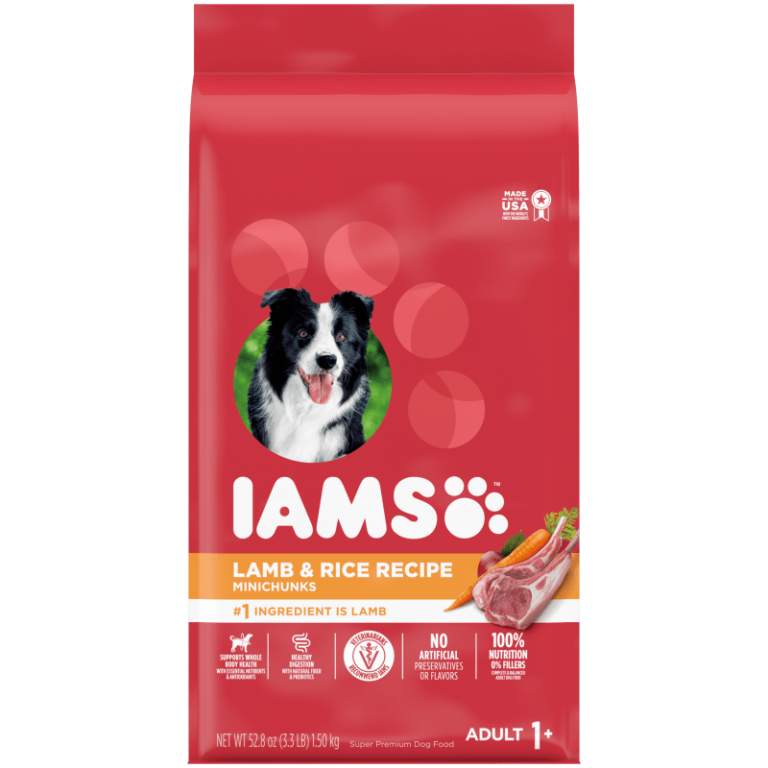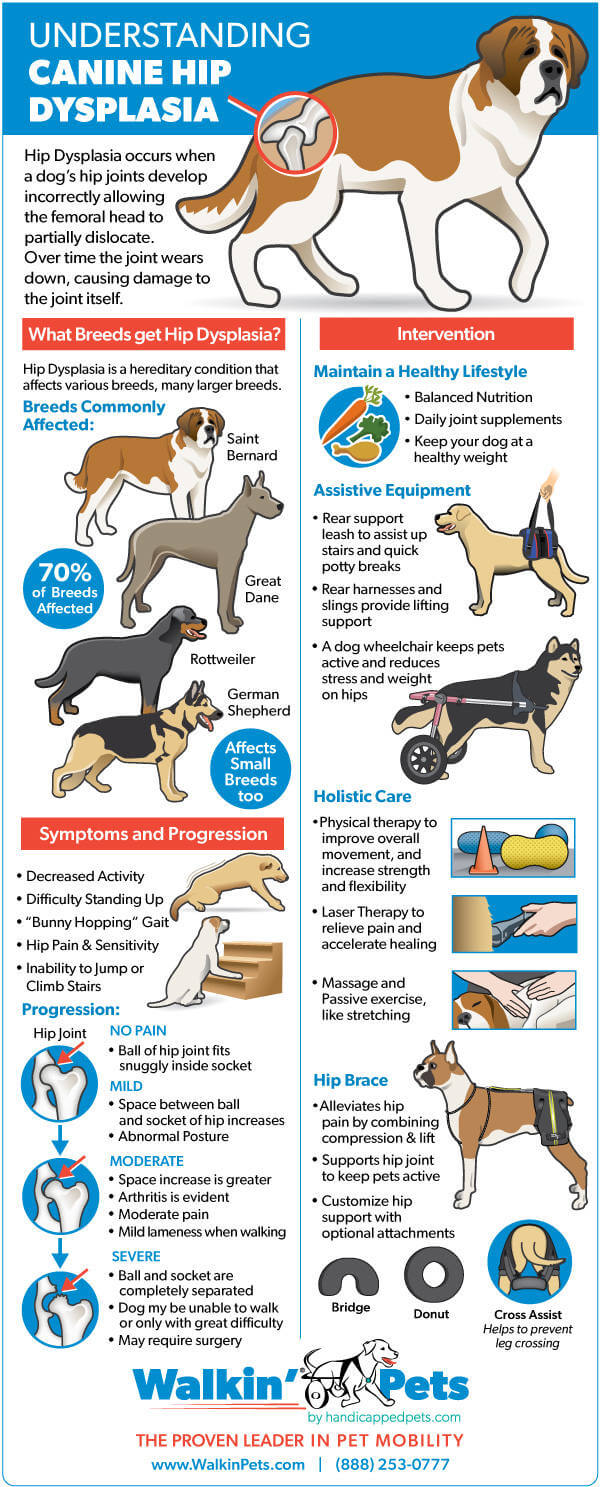Worms in Dogs: How They Get Infected, Symptoms to Watch, and Prevention Tips
How Do Dogs Get Worms?
Dogs can contract worms in a variety of ways. Even if your pet stays mostly indoors, they are still at risk. Here’s how most infections happen:
1. Ingesting Worm Eggs from Contaminated Soil
Dogs are naturally curious and love sniffing, digging, and licking things. Unfortunately, soil can be contaminated with feces from other animals. When your dog sniffs or licks the ground, they may ingest worm eggs, leading to infection. Roundworms and hookworms are commonly transmitted this way.
2. Fleas and Ticks as Parasite Carriers
Fleas can carry tapeworm larvae. If your dog ingests an infected flea while grooming, the tapeworm larvae are released into their system. These parasites grow in the intestines, often unnoticed until symptoms appear.
“Many pet owners are surprised to learn that flea control is a vital part of deworming,” says Dr. Sarah Wooten, DVM. “Without treating fleas, tapeworm infections will keep recurring.”
3. Contact with Infected Wild Animals
Dogs that chase or eat wild animals like rabbits, birds, or rodents can ingest larvae or eggs. Some worms, such as whipworms, can remain active in the environment for years, making even brief contact risky.
4. Grooming and Ingesting Worm Segments
Another common route is through self-grooming. If your dog has tapeworms, segments may be present around the anus or tail. During licking or grooming, they can ingest these segments, causing the cycle to continue.
5. Mother-to-Puppy Transmission
Worms such as roundworms and hookworms can pass from mother to puppy through the placenta or milk. This is why deworming puppies early is essential.
Symptoms of Worms in Dogs
Signs of worm infestations vary by type and severity. Be on the lookout for these common symptoms:
- Visible worms or segments in feces (often white and rice-like)
- Weight loss despite a good appetite
- Pot-bellied appearance (especially in puppies)
- Vomiting or diarrhea
- Itching or scooting behavior
- Lethargy or weakness
Some dogs may show no symptoms, especially in early stages. Regular checkups and stool tests are the best way to detect hidden infections.
Can Humans Get Worms from Dogs?
Yes, it’s possible. Certain worms, like roundworms (Toxocara canis), can be transmitted to humans — especially children — through contact with contaminated soil or feces. This condition is called toxocariasis and can cause liver, eye, and lung issues.
The Centers for Disease Control and Prevention (CDC) recommends regular deworming for pets to reduce this risk.
Types of Worms That Affect Dogs
- Roundworms: Common in puppies. Can grow several inches long and live in intestines.
- Hookworms: Small, attach to intestinal lining and suck blood. Dangerous to puppies.
- Whipworms: Live in the large intestine. Can survive in the environment for years.
- Tapeworms: Spread through fleas. Appear as rice-like segments near anus or in poop.
- Heartworms: Spread by mosquitoes, live in the heart and lungs. Preventable through medication.
Dog Deworming Schedule
To protect your dog from worms, follow a vet-recommended deworming schedule:
- Puppies: Every 2 weeks from 2–12 weeks old, then monthly until 6 months.
- Adults: Every 3–6 months, or monthly if high risk.
- Pregnant or Nursing Dogs: Under guidance of a vet.
Always use a broad-spectrum dewormer prescribed by your veterinarian for best results.
How to Prevent Worms in Dogs
- Pick up dog poop promptly — especially in public areas.
- Keep your yard clean and prevent access to wild animals.
- Use flea and tick prevention year-round.
- Don’t let your dog eat feces or scavenge.
- Wash your hands after handling pets, especially before meals.
Natural Remedies: Can You Treat Worms at Home?
Some dog owners explore natural treatments like ground pumpkin seeds, food-grade diatomaceous earth, or garlic (in tiny amounts). However, these are not replacements for veterinary treatment. Always consult your vet before trying any home remedies.
“Natural remedies can support wellness but should never replace proper diagnosis and treatment,” warns holistic vet Dr. Karen Becker.
Final Thoughts
Worms in dogs are more than just a gross inconvenience — they can seriously impact your dog’s health and even spread to humans. Understanding how worms are transmitted, spotting symptoms early, and keeping up with deworming and flea prevention are key steps every pet owner should take.
When in doubt, consult your vet. It’s better to be cautious and protect your furry friend from these pesky parasites!









